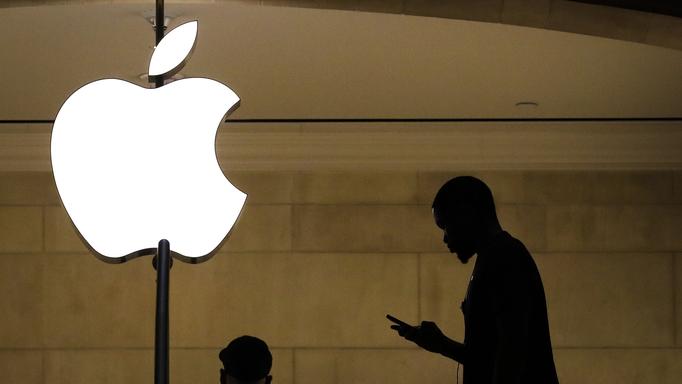Shares in Taiwan’s Apple suppliers have taken a hit from worse than expected sales forecasts for the iPhone 8 and production issues associated with the upcoming iPhone X.
While the iPhone X is expected to sell well, a production constraint related to the phone’s facial recognition function — specifically the challenge of producing in vast numbers the optics used for face-recognition sensors — has put a question mark over near-term shipments.
This has hit the Taiwan companies making those components — specifically, lens makers — according to analysts. Meanwhile, the Taiwan groups that are more exposed to the iPhone 8 are hurt by the expectation the crowds will avoid this handset in favour of the X.
The events show how enmeshed the Taiwan share market is with the performance of Apple. About one-third of the market value of Taiex listed groups are comprised of companies that supply the Cupertino-based tech giant, according to Yuanta Securities, a brokerage.
The share price drops of just two such suppliers, Hon Hai Precision, which assembles most iPhones in giant factories in China, and TSMC, a key Apple chip supplier, has seen $10.9bn of equity value vanish since the new iPhones were announced on September 12.
“With the two largest companies by market capitalisation [on the Taiwan exchange], Hon Hai and TSMC, reliant on Apple orders, the TWSE index both enjoys, but can suffer from, the Apple factor,” said Ross Feingold, an adviser with consulting group DC International Advisory.
Metal casing supplier Catcher Technology, and Pegatron, another iPhone assembler, are particularly involved in the iPhone 8, according to Sam Kao, a researcher at Taipei-based Yuanta Securities, and their shares have been hit hard since Apple launched the phones.
While Yuanta remains “very optimistic” about demand for the iPhone X, uneven production quality flow for the miniature camera lenses used by the phone’s sensors has hurt output, it says.
Yuanta analyst Jeff Pu said the production problems for this component will result in a 5-10 per cent cut to planned iPhone X volumes in the near term.

Apple declined to comment.
This view has hit the share prices of Taiwanese companies that supply the components used for the technology, including wafer-level packaging supplier Xintec and lens makers Genius Electronic Optical and Largan Precision.
Since the iPhone launch event, there has been “persistent equity outflows from Taiwan as the device’s delayed availability could hurt holiday-quarter sales”, said Scotiabank foreign exchange strategist Qi Gao.
The outflows have weighed on the Taiwan dollar, Mr Gao said. The currency has weakened 1.4 per cent against the greenback since the launch to trade at NT$30.40 on Thursday, its lowest point since late July.
Foreign investors offloaded $68.1m of Taiwan shares on Wednesday, bringing total stock outflows from the Taiwan Stock Exchange in September to $1.94bn, according to Scotiabank.
Elsewhere, analysts “definitely are expecting” orders for the iPhone 8 to be cut in the fourth quarter “due to the weak demand”, Mr Kao said.
“As you can see from the [iPhone 8 and 8 Plus] specs, there’s not much upgrade compared to the last cycle,” Mr Kao said. “I think basically people are just waiting for the iPhone 10 [X].”
Yuanta forecasts manufacturers will ship 49m iPhone 8 units in 2017 — including the larger plus models — compared to 80m of the two iPhone 7 models shipped in 2016.
Raymond Yeung, ANZ’s greater China chief economist, did not want to comment on specific share prices but said Apple’s performance could be a leading indicator for the health of the economies of Taiwan and China.
“The whole export story in north Asia, except Japan, is tied to the Apple supply chain and smartphone supply chain,” said Mr Yeung.
.
